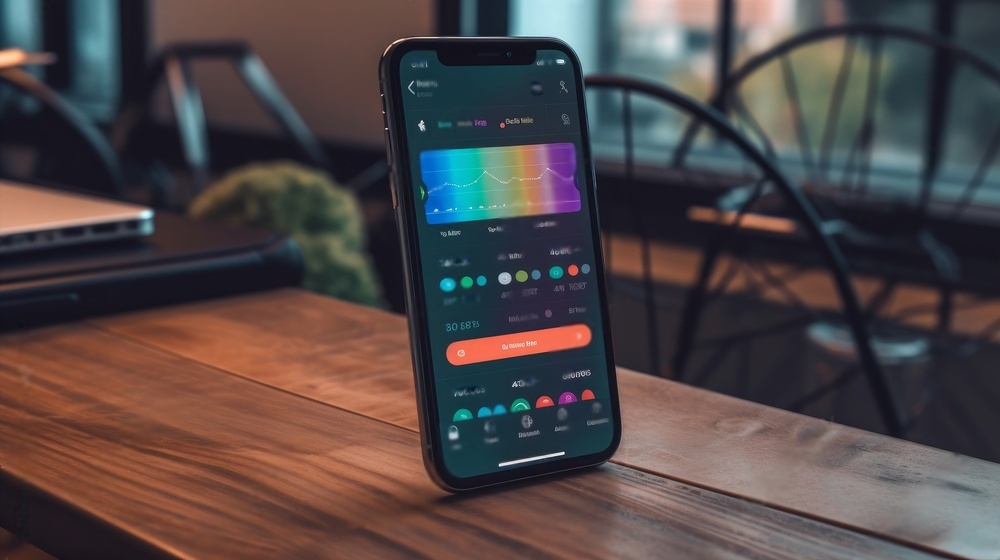In recent years, the healthcare industry has undergone a significant transformation with the advent of technology, particularly through the proliferation of healthcare apps. These applications have revolutionized how individuals access medical information, connect with healthcare professionals, and manage their well-being. As we look ahead, the future of Healthcare Mobile Application Development lies in developing comprehensive solutions that cater to diverse needs and provide seamless integration into the healthcare ecosystem.
Understanding the Current Landscape
Presently, healthcare apps encompass a wide range of functionalities, from symptom trackers and medication reminders to telemedicine platforms and fitness trackers. These apps have empowered users to take control of their health, offering convenience and accessibility like never before. However, the landscape is fragmented, with numerous standalone apps addressing specific aspects of healthcare.
The Shift Towards Comprehensive Solutions
The future of healthcare apps will see a shift towards comprehensive solutions that consolidate various features into a single platform. Instead of downloading multiple apps for different purposes, users will gravitate towards all-in-one solutions that offer a holistic approach to healthcare management. These comprehensive apps will integrate features such as:
-
Personal Health Records (PHR): Users will be able to securely store and access their medical records, including diagnoses, test results, and treatment history, all in one place. This centralized repository of information will facilitate better communication between patients and healthcare providers, leading to more informed decision-making.
-
Telemedicine Services: The popularity of telemedicine has soared in recent years, especially in light of the COVID-19 pandemic. Comprehensive healthcare apps will incorporate telemedicine functionalities, allowing users to consult with healthcare professionals remotely for non-emergency medical issues. Video consultations, chat messaging, and prescription refills will all be seamlessly integrated into the app.
-
Health Tracking and Monitoring: From monitoring vital signs to tracking physical activity and sleep patterns, comprehensive healthcare apps will provide users with tools to track and manage their overall well-being. Wearable device integration will enable real-time data syncing, empowering users to make informed lifestyle choices and track progress towards their health goals.
-
Medication Management: Adherence to medication regimens is critical to managing chronic conditions. Future healthcare apps will feature medication reminder functionalities, dosage tracking, and prescription refill notifications to help users stay on top of their treatment plans. Integration with pharmacies and healthcare providers will streamline the prescription fulfillment process.
-
Health Education and Resources: Education is key to promoting health literacy and empowering individuals to make informed decisions about their health. Comprehensive healthcare apps will offer many educational resources, including articles, videos, and interactive tools covering various health topics. Users will have access to evidence-based information curated by healthcare professionals.
Challenges and Considerations
While the vision of a complete healthcare app is promising, several challenges must be addressed to realize this vision fully. These include:
-
Data Privacy and Security: With the sensitive nature of health information, ensuring robust data privacy and security measures is paramount. Comprehensive healthcare apps must adhere to strict regulations and standards to safeguard user data against breaches and unauthorized access.
-
Interoperability: Achieving seamless interoperability between healthcare apps and existing health IT systems is crucial for facilitating data exchange and continuity of care. Standardized data formats and protocols will be necessary to enable interoperability across different platforms and devices.
-
User Experience: User experience plays a significant role in the adoption and usability of healthcare apps. Designing intuitive interfaces and personalized experiences will be essential for engaging users and encouraging long-term usage.
Conclusion
The future of healthcare apps lies in developing comprehensive solutions that cater to the diverse needs of users. By integrating various functionalities such as personal health records, telemedicine services, health tracking, medication management, and health education, these apps will offer a holistic approach to healthcare management. However, addressing challenges related to data privacy, interoperability, and user experience will be critical to realizing the full potential of these apps in improving health outcomes and enhancing the overall healthcare experience.


No comments yet